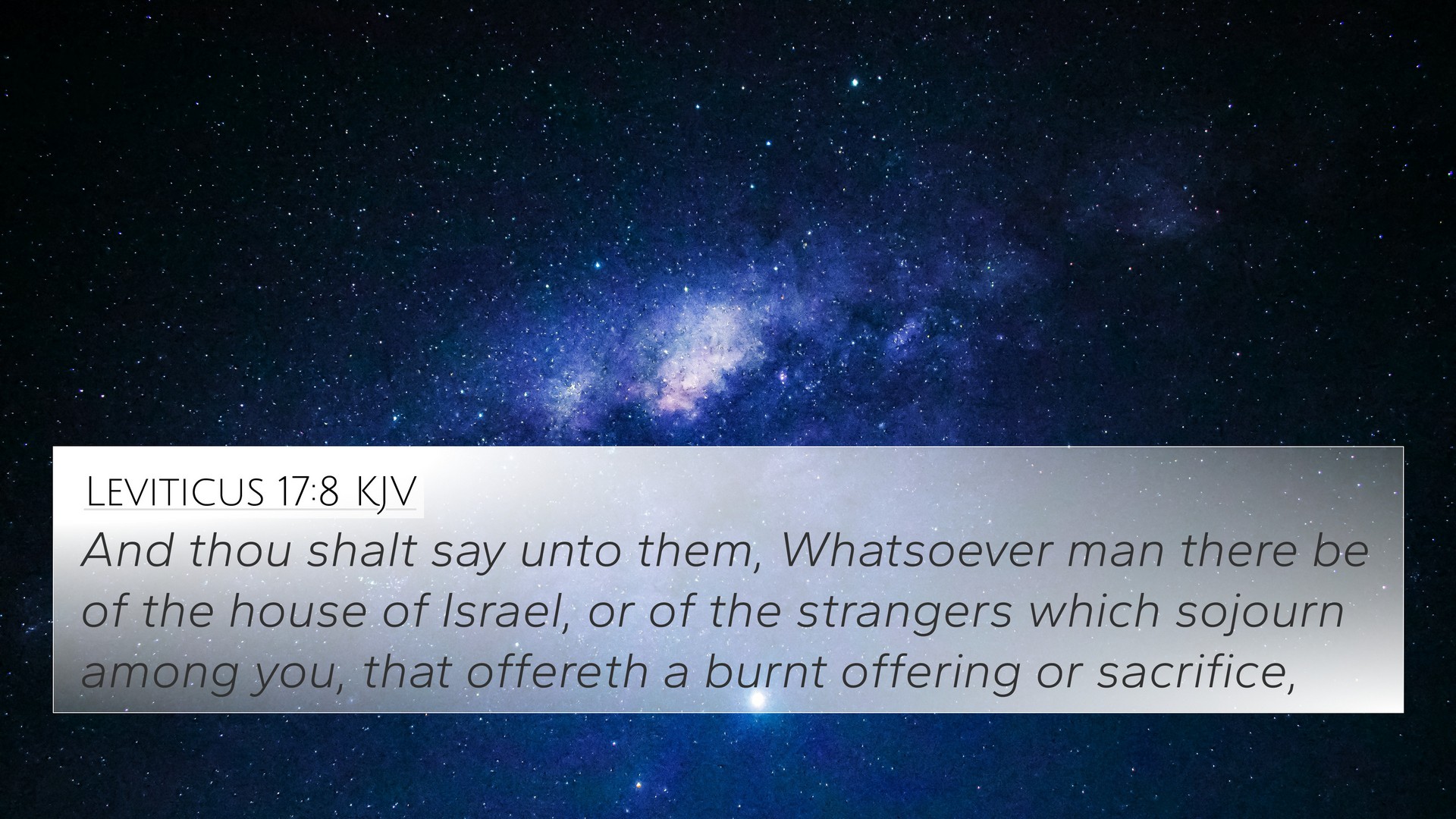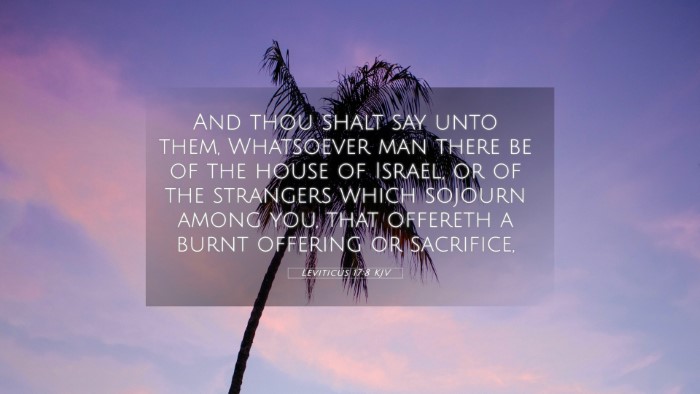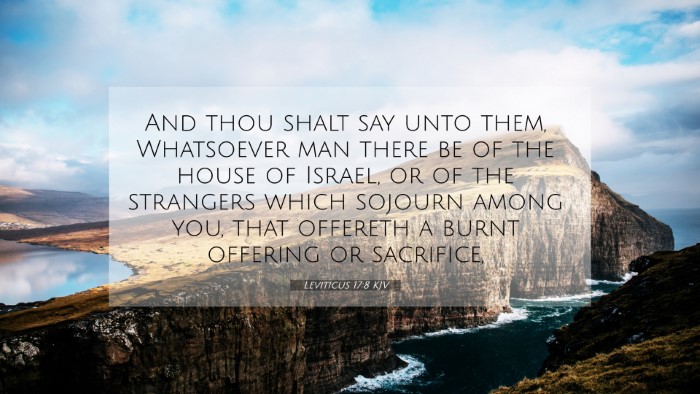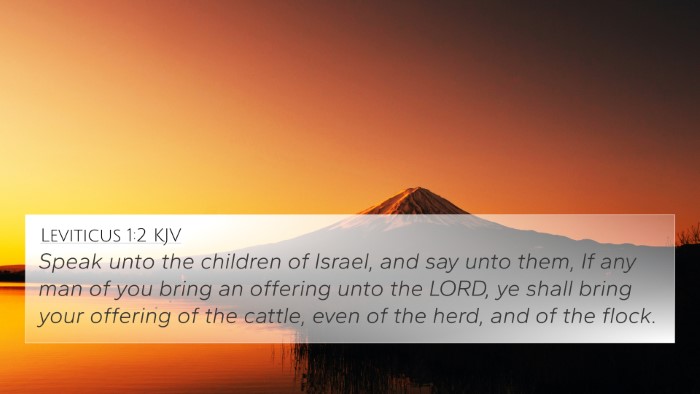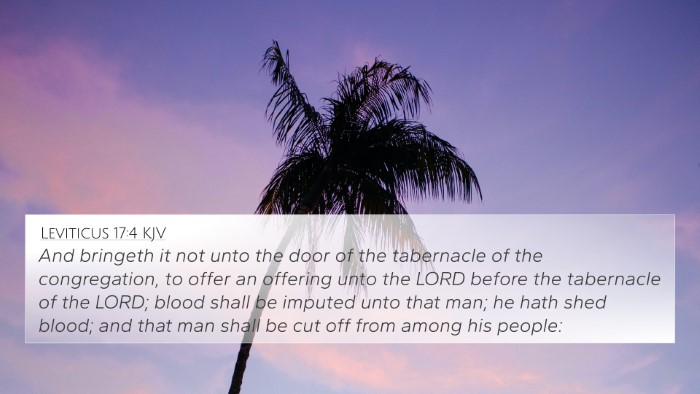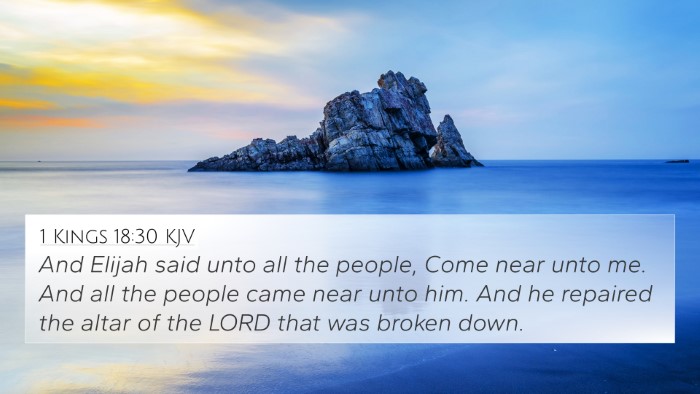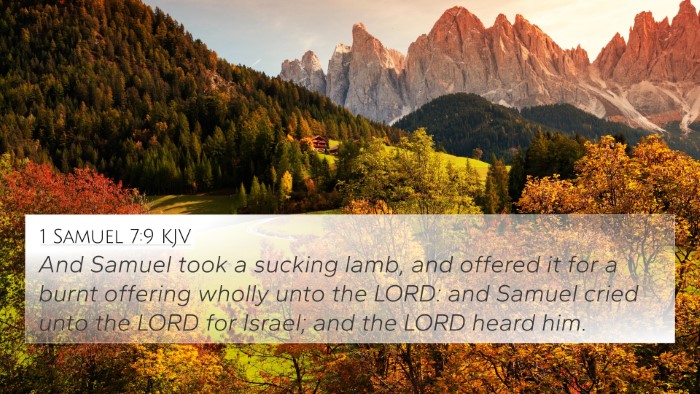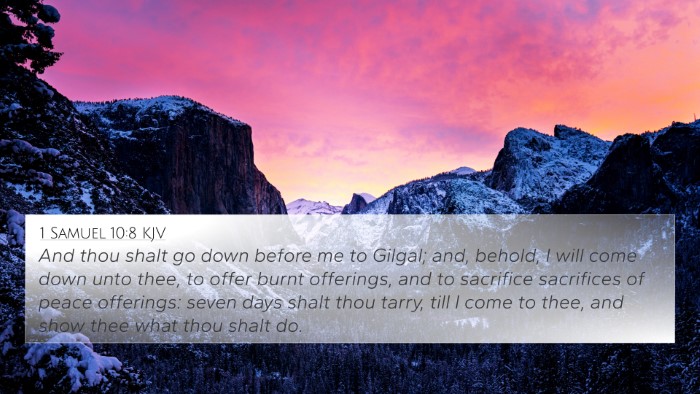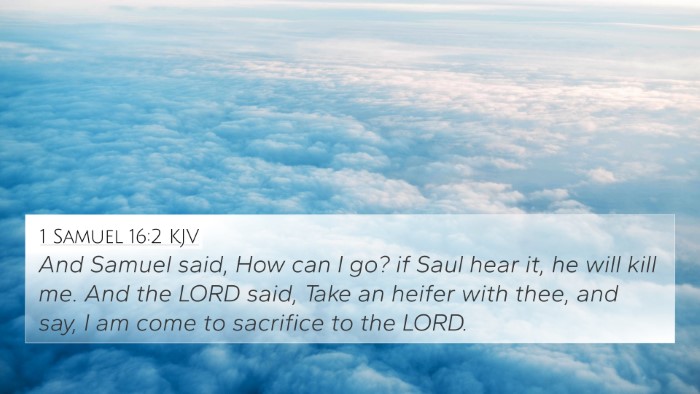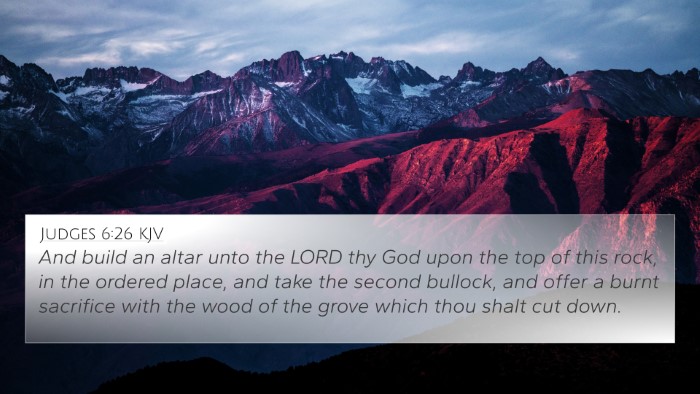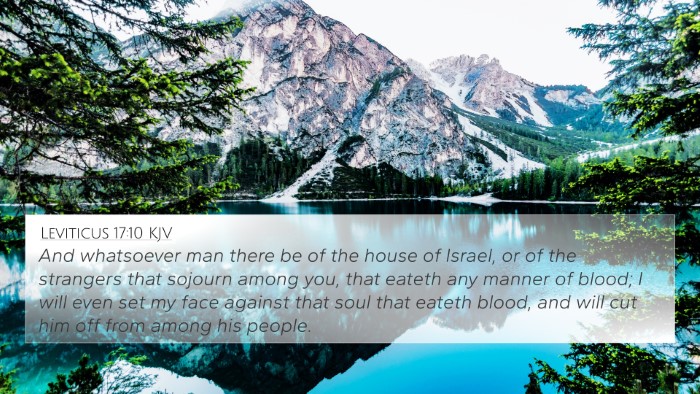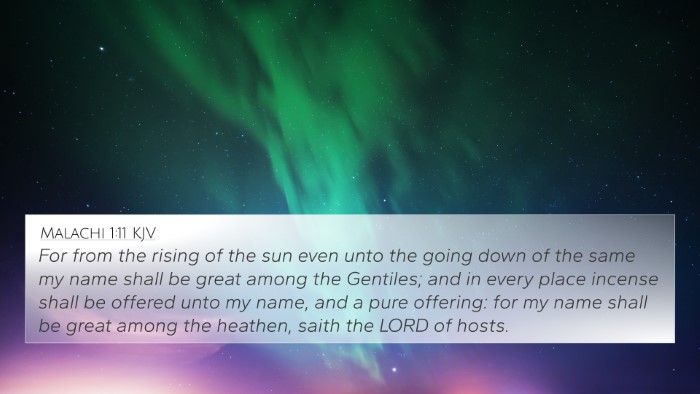Meaning of Leviticus 17:8
Leviticus 17:8 states: "And you shall say to them, 'Any one of the house of Israel or of the strangers who sojourn among them, who offers a burnt offering or sacrifice, and does not bring it to the entrance of the tent of meeting, to offer it to the Lord, that man shall be cut off from his people.'" This verse outlines the essentiality of proper sacrificial practices among the Israelites and indicates the seriousness with which God views such offerings.
Summarized Insights from Public Domain Commentaries
Commentaries by Matthew Henry, Albert Barnes, and Adam Clarke provide valuable insights into the implications of this verse.
-
Matthew Henry:
Henry emphasizes the importance of obedience to God's commandments regarding sacrifices. This directive highlights that God desires not just sacrifices, but the proper methodology in bringing them. The emphasis on the 'tent of meeting' symbolizes God’s prescribed order for worship—indicating access is limited to His established covenant.
-
Albert Barnes:
Barnes notes that this verse serves as a warning against unauthorized worship practices. Any offering made outside the divinely appointed place was considered an affront to God's sanctity. This protocol illustrates the necessity of maintaining holiness in worship, which remains a core principle for believers today, emphasizing that worship must be conducted within the boundaries set by God.
-
Adam Clarke:
Clarke comments on the significance of the 'cut off' phrase, conveying the message that disobedience to God's specified guidelines would lead to severe consequences. He highlights the term 'cut off' as indicative of exile or death, establishing a precedent for the vital nature of connection to God through the established means of sacrifice.
Bible Verse Cross-References
This verse links closely with several other scriptures throughout the Bible, which help to deepen the understanding of its meaning and implications:
- Exodus 29:42-46 - Describes the importance of continual offerings at the tent of meeting.
- Leviticus 22:3 - Discusses the consequences of bringing unclean offerings to the Lord.
- Deuteronomy 12:13-14 - Emphasizes that sacrifices must be made at the prescribed place that God chooses.
- Hebrews 13:10 - Reflects on the concept of sacrifices, now understood in the context of Christ’s ultimate sacrifice.
- Jeremiah 7:21-23 - God speaking against disobedient sacrifices which fall short of His will.
- Ezekiel 44:16 - Highlights the importance of sanctity in worshipping practices, rooted in the fear of God.
- 1 Peter 2:9 - Identifies believers as a royal priesthood, tying back to the principles of proper worship.
- Romans 12:1 - Urges believers to present their bodies as living sacrifices, echoing the sacrificial ideal of Leviticus.
- Matthew 5:23-24 - Indicating the importance of reconciliation and correct worship before presenting offerings to God.
- Colossians 3:17 - Instills the importance of doing everything in the name of Jesus, maintaining God's guidelines for worship.
Thematic Connections in Scripture
The themes of sacrifice, worship, and obedience form strong connections in scripture, which can be explored through cross-referencing. The rich tapestry of Biblical texts shows how these themes interlink, allowing for a deeper understanding of God’s requirements for worship and the nature of the covenant relationship.
Tools for Bible Cross-Referencing
For a detailed approach to cross-referencing scriptures, consider utilizing the following tools:
- Bible Concordance: Helps identify specific verses and their locations within the scripture.
- Bible Cross-Reference Guide: Provides an organized framework to engage in cross-referencing.
- Cross-reference Bible Study: A method to discover thematic connections between various scripture passages.
- Bible Reference Resources: A variety of tools and guides that assist in understanding cross-references.
- Bible Chain References: Shows how passages are interlinked in thought and theme.
Identifying Connections Between Old and New Testament
Understanding Leviticus 17:8 in light of the broader narrative of scripture can unveil the continuity of God’s message. The Old Covenant sacrificial system points to the New Covenant established through Christ, inviting believers to reflect on how their worship aligns with God’s desires.
Conclusion
Leviticus 17:8 is a powerful reminder of the sanctity of worship and the necessity of adhering to God's commandments regarding sacrifices. The insights drawn from public domain commentaries, along with thematic links and cross-references, serve to enrich the understanding of this scripture. By engaging in comparative Bible verse analysis and utilizing Bible cross-reference tools, believers can deepen their spiritual journey and their understanding of God's word.
